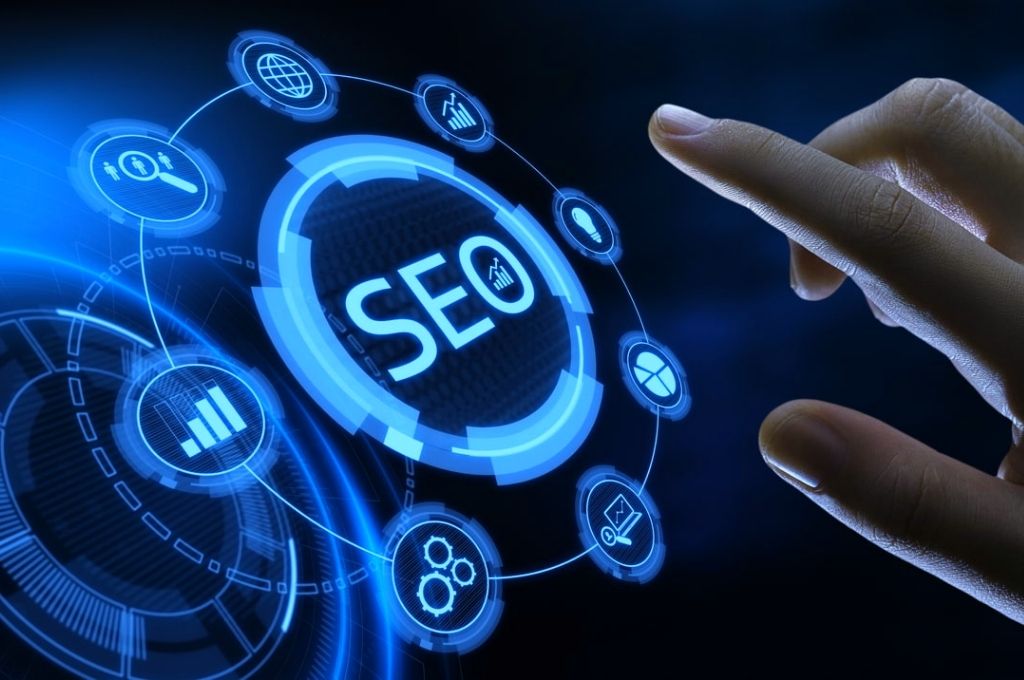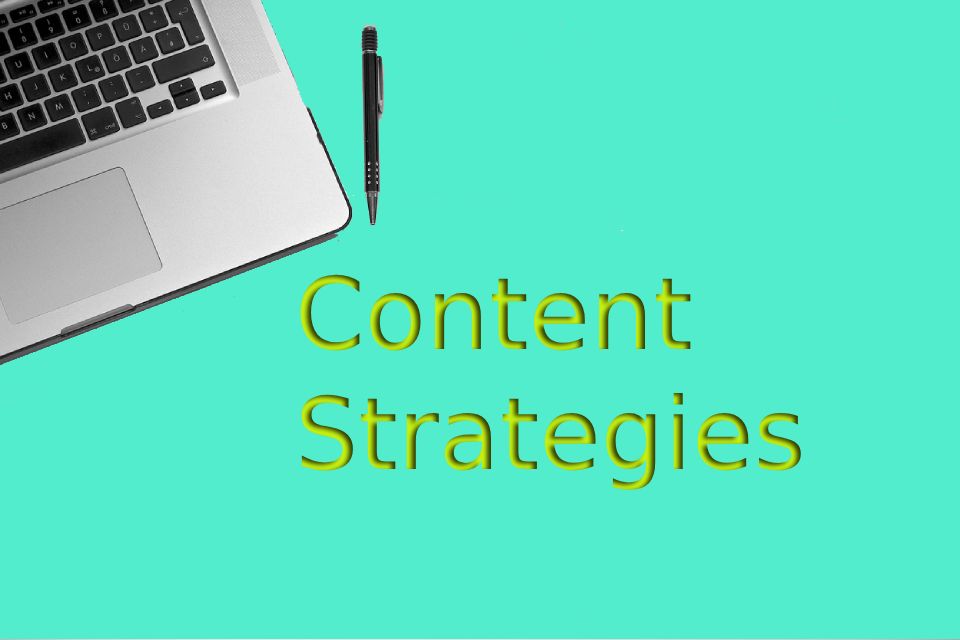SEO is already a relevant channel for many companies. Companies in particular that are not yet using the track in a targeted manner often ask themselves where the advantages and disadvantages lie. Should you invest in SEO? Or are there also aspects that can make this channel unattractive?
SEO vs. SEA: Buying vs. Renting
Of course, you can attract visitors via paid search engine entries – keyword: SEA. Google uses Google Ads; Bing uses Bing Ads. This works very well and quickly but has the clear disadvantage of paying for every click. As soon as the flow of money dries up, the traffic through this channel also ends.
This is different with SEO: The traffic is usually sustainable. This is where the comparison with “renting vs. buying” comes into play: Anyone who rents an apartment pays their contribution every month – or has to leave the apartment. It’s different with property. (Of course, anyone who owns a home knows that this calculation does not always add up ideally.)
One must never forget that SEO also causes costs. Only these costs are not as apparent as with SEA. Expenses can arise in different places:
- Content creation
- External Agencies
- Link purchase
- Technical measures (hosting etc.)
Direct Allocation Of Costs
Whether SEO has more advantages or disadvantages in terms of costs can be answered above all by controlling: What are the prices for SEO traffic? And what result does the channel deliver?
Unfortunately, this is not always that easy. Link building, in particular, shows that one can never say whether the costs X for built links also lead to a specific result. Because: The same effect (e.g., an improvement in visibility) could have been achieved without these links.
SEA certainly has a clear advantage: If you ignore problems such as attribution, you have the click costs on the expenditure side and what is measured in terms of conversion value on the revenue side. So if you want to have a clear connection between effort and result, you should instead rely on SEA. SEO always has the disadvantage that you invest in measures without specifically attributing the effect to these measures later.
Speed
When it comes to speed, the advantage is more on SEA and not necessarily SEO. E.g., For example, launching a new website will take weeks and months for SEO to deliver any relevant traffic at all. Google needs to crawl the site first. External links must first be discovered and then also attributed. Trust is not created overnight.
But a SEA campaign does. In theory, a paid campaign can go live in a matter of hours and deliver value propositions quickly too.
Who, however, z. For example, suppose you think about page speed optimization. In that case, you first have to analyze, derive recommendations for action, then have them implemented by an agency – and then hope that the SEO results will also fit. But that won’t happen shortly.
The following always applies: SEO is of little use for short, tactical sales measures. Search engine optimization is always more about long-term goals.
Benefits From Long Range
The organic search engine listings still have a considerable reach. Advanced Web Ranking. Of course, the numbers vary from country to country. And there are also different distributions about desktop and mobile. You can never conclude your traffic expectations from average distributions.
And yet it is like this: If you have a good organic ranking, you will usually receive more traffic from it than from paid listings.
Address People At The Moment They Are Looking For Something
Search engines are more attractive traffic channels than other channels, e.g., B. Display advertising. Because: You reach people at the moment when they are actively looking for something. This reduces the wastage enormously and at the same time ensures that you don’t have to persuade the visitor to do anything – a clear advantage.
In practice, it is often not that simple. You may not have to persuade him, but you still have to assert yourself against the competition. You have to position yourself as the perfect provider and not set up any hurdles for conversion (purchase/lead/newsletter signup…).
SEO (just like SEA) must also work with other disciplines such as conversion optimization so that the traffic is right. Because in the end, channel SEO is also about making money.
SEO Improves One’s Website For Non-SEO Too
If you do SEO, you help the organic search engine ranking. Others can also benefit from optimizing their website:
- Those who do keyword research for their blog create posts on topics proven to be searched for. The blog is also attractive for visitors who do not come via search engines, as relevant issues are covered here.
- Page speed optimization can help organic ranking in mobile search. However, various studies also show that a higher page speed boosts the overall conversion rate.
- SEO can also help with filter searches. Which filters do I need in which categories? Keyword databases can also provide valuable input here.
Also Read: Why Is A Social Media Strategy So Important?





